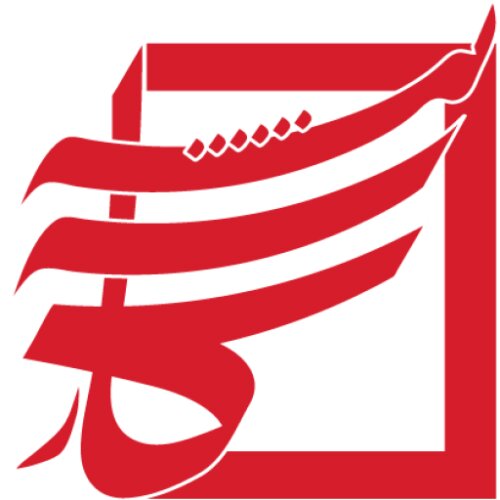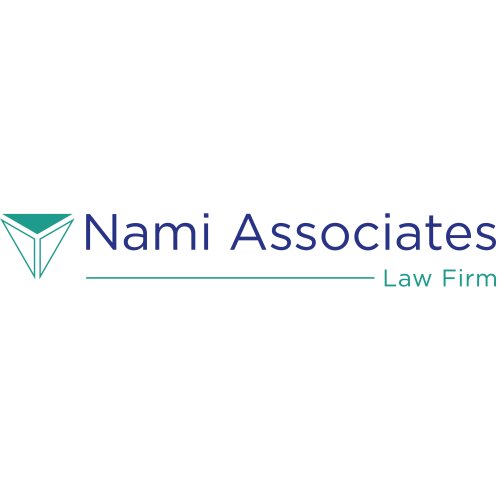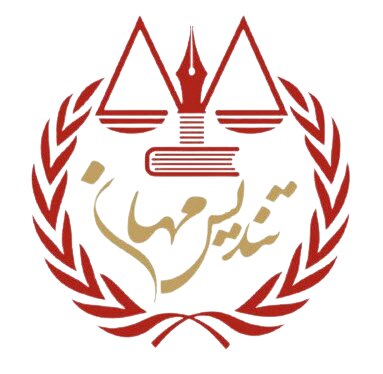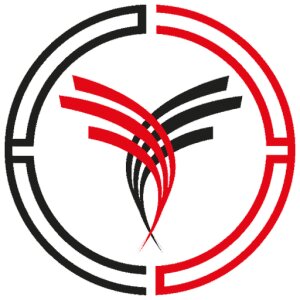Best Copyright Lawyers in Tehran
Share your needs with us, get contacted by law firms.
Free. Takes 2 min.
List of the best lawyers in Tehran, Iran
About Copyright Law in Tehran, Iran
Copyright law in Tehran, Iran, is guided by a combination of national legislation, international treaties, and intellectual property principles. The main legislation governing copyright in Iran is the "Law for the Protection of Authors, Composers and Artists Rights" enacted in 1970. This law provides authors and creators with exclusive rights over their works, including the right to reproduce, distribute, perform, and create derivative works. Iran is also a member of the Berne Convention for the Protection of Literary and Artistic Works, which offers a framework for copyright protection by ensuring adequate rights for foreign authors.
Why You May Need a Lawyer
There are various situations where individuals and businesses in Tehran may require legal assistance in copyright matters:
- Creating or publishing original content, such as books, music, films, or software, and seeking to protect these works legally.
- Infringement disputes, either defending against a claim or asserting rights against unauthorized use of copyrighted material.
- Negotiating and drafting contracts related to copyright, such as licensing agreements or distribution deals.
- Understanding and navigating the complexities of international copyright laws, especially when dealing with cross-border collaborations or distributions.
- Ensuring compliance with local and international copyright laws for educational institutions, broadcasters, and online platforms.
Local Laws Overview
In Tehran, Iran, copyright protection is essentially automatic as soon as an original work is fixed in a tangible form, without the need for registration. However, the copyright owner must be vigilant in enforcing their rights, as the government does not actively monitor infringements. Key aspects of the local copyright laws include:
- Protection spans a lifetime of the author plus 50 years after their death for literary, dramatic, musical, and artistic works.
- Computer software is specifically protected as literary works under Iranian law.
- Works are protected in any form, including written texts, music compositions, art, maps, technical drawings, and photographic works.
- Copyright infringement can result in both civil and criminal penalties.
Frequently Asked Questions
What type of works are protected by copyright in Iran?
Copyright in Iran protects a wide range of works, including literature, music, films, artistic works, computer programs, databases, and performances.
How long does copyright protection last in Iran?
For most works, copyright protection lasts for the lifetime of the author plus 50 years after their death.
Do I need to register my work to be protected under copyright law in Iran?
No, copyright protection is automatic upon creation of the work in a fixed form. Registration, though not required, may be beneficial for litigating infringement claims.
Can I use copyrighted material for educational purposes without permission?
Using copyrighted material for educational purposes may be permissible under certain conditions, but it's recommended to seek legal advice to avoid potential infringement.
What should I do if someone is infringing on my copyright?
Gather evidence of the infringement, contact a copyright attorney for advice, and consider sending a cease-and-desist letter, or taking legal action if necessary.
What are the penalties for copyright infringement in Iran?
Penalties can include fines, imprisonment, and/or compensation for damages to the copyright holder.
How can I enforce my copyright internationally?
You may need to file claims in each jurisdiction where infringement occurs, relying on the Berne Convention and other treaties for aid in enforcement.
Can copyright be transferred or licensed in Iran?
Yes, copyright can be transferred or licensed through contracts, allowing others to use the work under specified conditions.
What rights do I have as a copyright owner in Iran?
As a copyright owner, you have exclusive rights to reproduce, distribute, perform, display, or create derivative works based on your original work.
Is there a concept of "moral rights" in Iranian copyright law?
Yes, moral rights protect the personal connection between the author and their work, and cannot be transferred or waived.
Additional Resources
For individuals seeking further information or assistance, the following resources might be helpful:
- Iranian Center for Intellectual Property - Provides guidance and support for protecting intellectual property in Iran.
- Tehran Chamber of Commerce, Industries, Mines and Agriculture (TCCIMA) - Offers legal advice concerning business-related copyright issues.
- Iranian Legal Advice Centers - Provide pro bono services and consultations for various legal issues, including copyright.
Next Steps
If you need legal assistance in copyright matters, consider the following steps:
- Consult with a copyright lawyer to understand your rights and obligations.
- Conduct an audit of your works or the works you are using to ensure compliance with copyright laws.
- Engage in negotiation and drafting of contracts with the help of a legal expert for any licensing or transfers.
- Stay updated on changes in copyright law and international agreements that might affect your rights.
By following these steps, you can better prepare yourself to protect your intellectual property and effectively navigate legal issues related to copyright in Tehran, Iran.
Lawzana helps you find the best lawyers and law firms in Tehran through a curated and pre-screened list of qualified legal professionals. Our platform offers rankings and detailed profiles of attorneys and law firms, allowing you to compare based on practice areas, including Copyright, experience, and client feedback.
Each profile includes a description of the firm's areas of practice, client reviews, team members and partners, year of establishment, spoken languages, office locations, contact information, social media presence, and any published articles or resources. Most firms on our platform speak English and are experienced in both local and international legal matters.
Get a quote from top-rated law firms in Tehran, Iran — quickly, securely, and without unnecessary hassle.
Disclaimer:
The information provided on this page is for general informational purposes only and does not constitute legal advice. While we strive to ensure the accuracy and relevance of the content, legal information may change over time, and interpretations of the law can vary. You should always consult with a qualified legal professional for advice specific to your situation.
We disclaim all liability for actions taken or not taken based on the content of this page. If you believe any information is incorrect or outdated, please contact us, and we will review and update it where appropriate.















